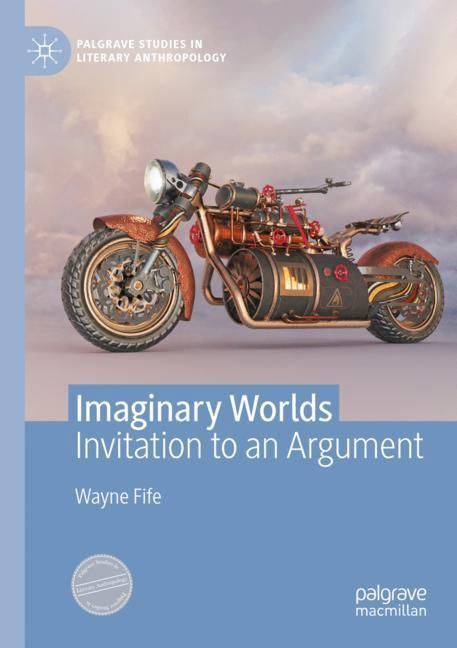
- Afhalen na 1 uur in een winkel met voorraad
- Gratis thuislevering in België vanaf € 30
- Ruim aanbod met 7 miljoen producten
- Afhalen na 1 uur in een winkel met voorraad
- Gratis thuislevering in België vanaf € 30
- Ruim aanbod met 7 miljoen producten
Zoeken
Omschrijving
In this work, the author contends that we should create a comparative framework for the study of imaginary worlds in the social sciences. Making use of extended examples from both science fiction and fantasy fiction, as well as the living movement of steampunk, the reader is invited to an argument about how best to define imaginary worlds and approach them as social locations for qualitative research. It is suggested in this volume that increasing economic and existential forms of alienation fuel the contemporary surge of participation in imaginary worlds (from gaming worlds to young adult novels) and impel a search for more humane forms of social and cultural organization. Suggestions are made about the usefulness of imaginary worlds to social scientists as places for both testing out theoretical formulations and as tools for teaching in our classrooms.
Specificaties
Betrokkenen
- Auteur(s):
- Uitgeverij:
Inhoud
- Aantal bladzijden:
- 154
- Taal:
- Engels
- Reeks:
Eigenschappen
- Productcode (EAN):
- 9783031086434
- Verschijningsdatum:
- 10/08/2023
- Uitvoering:
- Paperback
- Formaat:
- Trade paperback (VS)
- Afmetingen:
- 148 mm x 210 mm
- Gewicht:
- 204 g

Alleen bij Standaard Boekhandel
+ 253 punten op je klantenkaart van Standaard Boekhandel
Beoordelingen
We publiceren alleen reviews die voldoen aan de voorwaarden voor reviews. Bekijk onze voorwaarden voor reviews.











